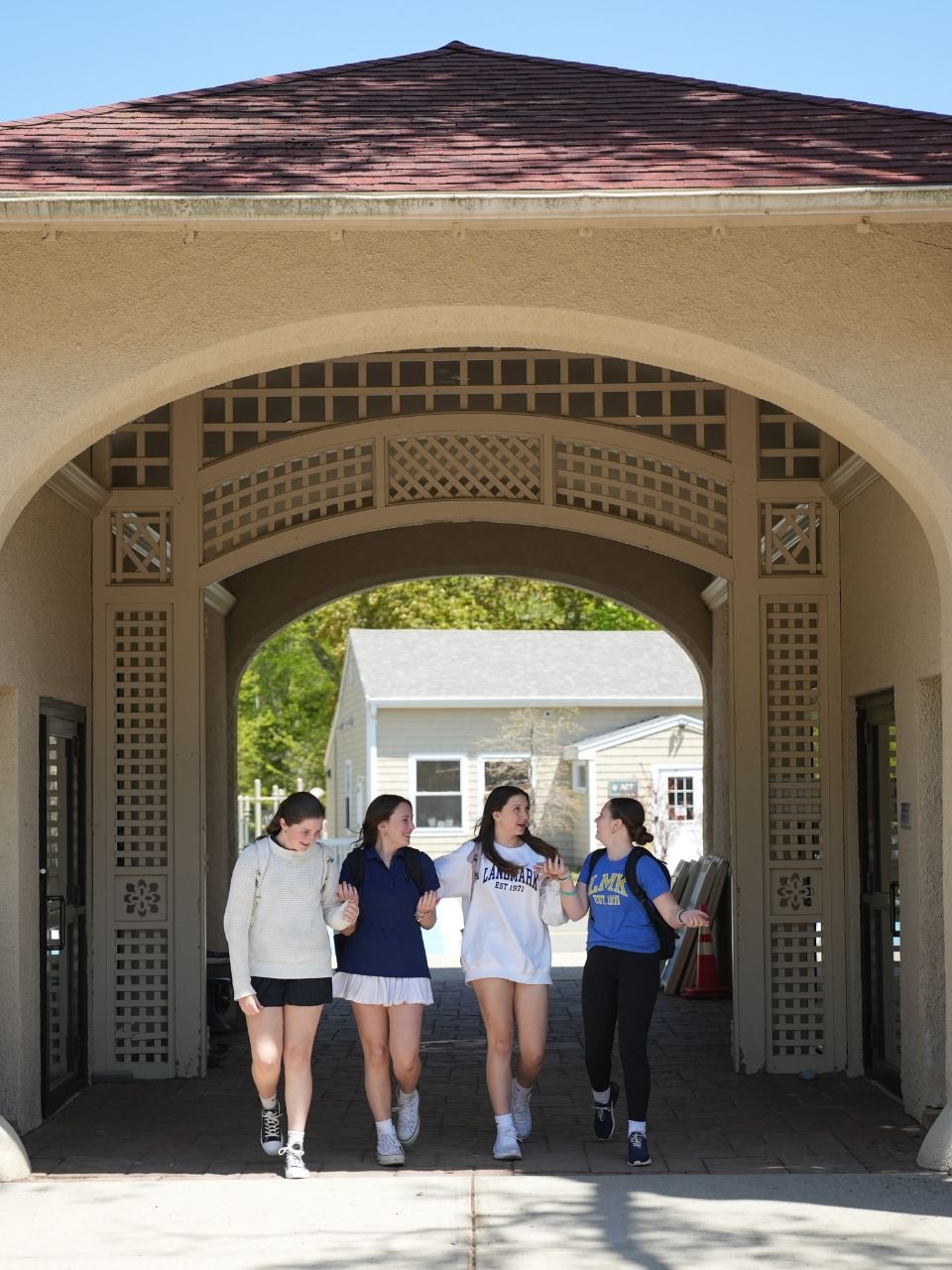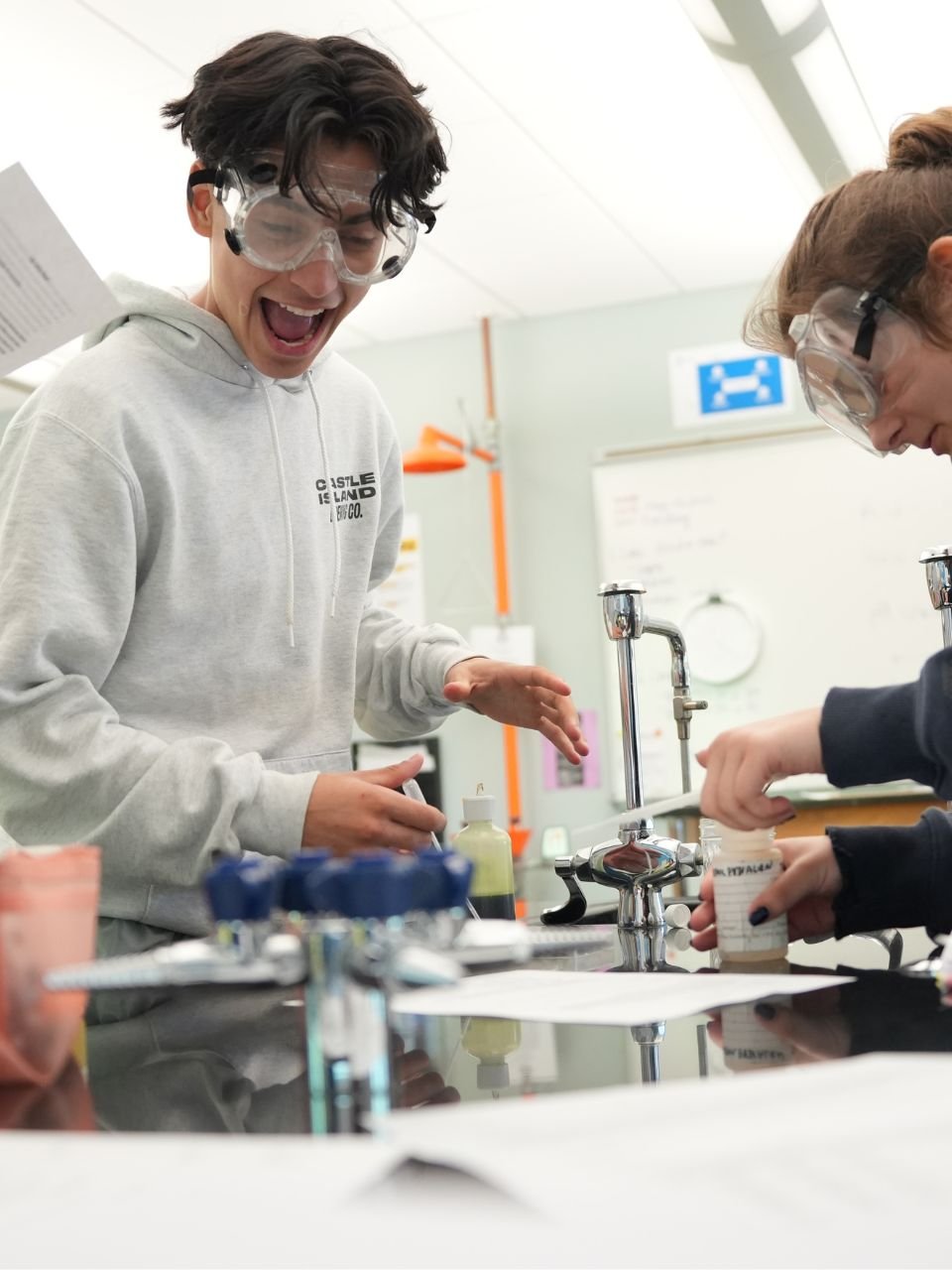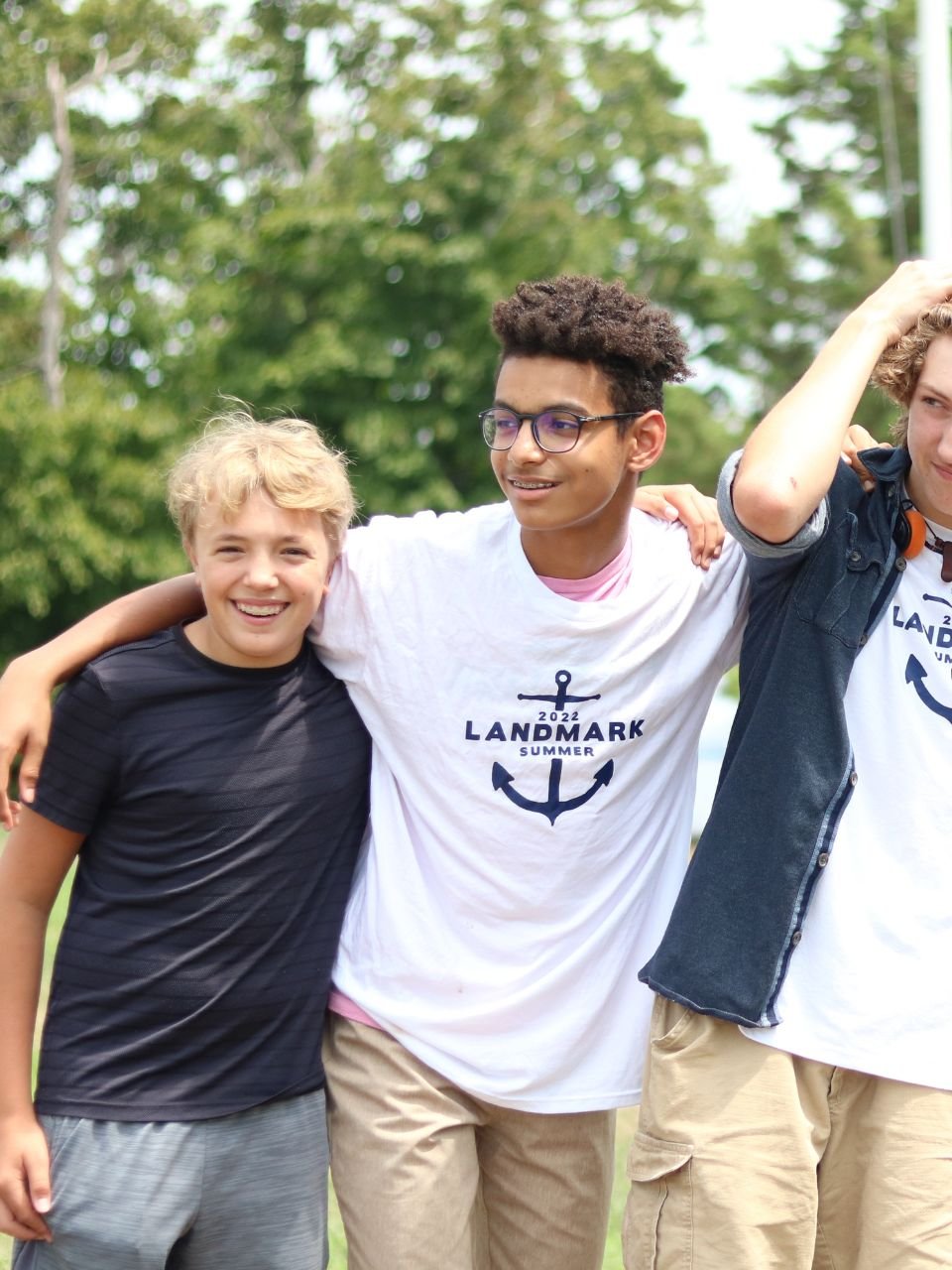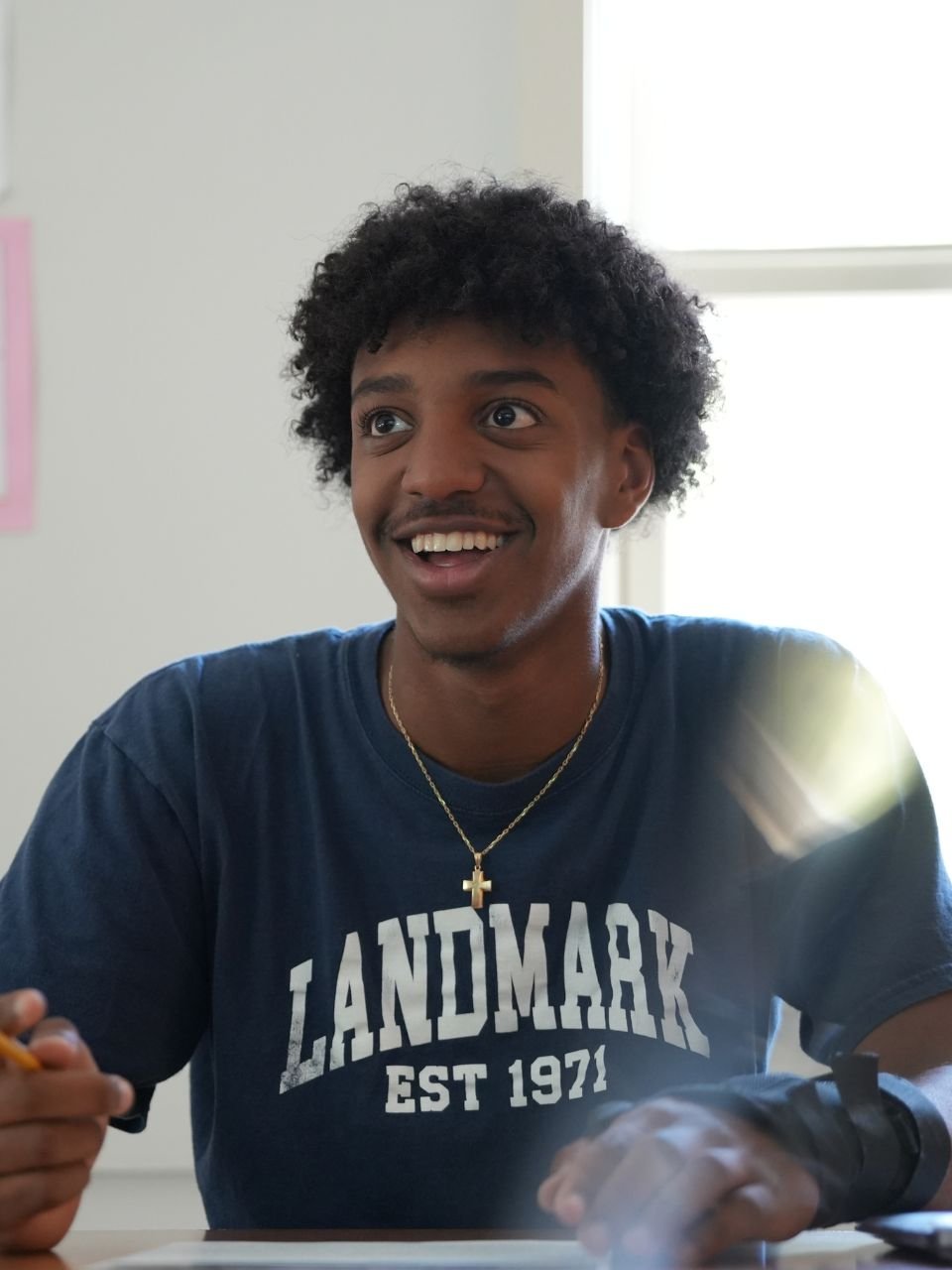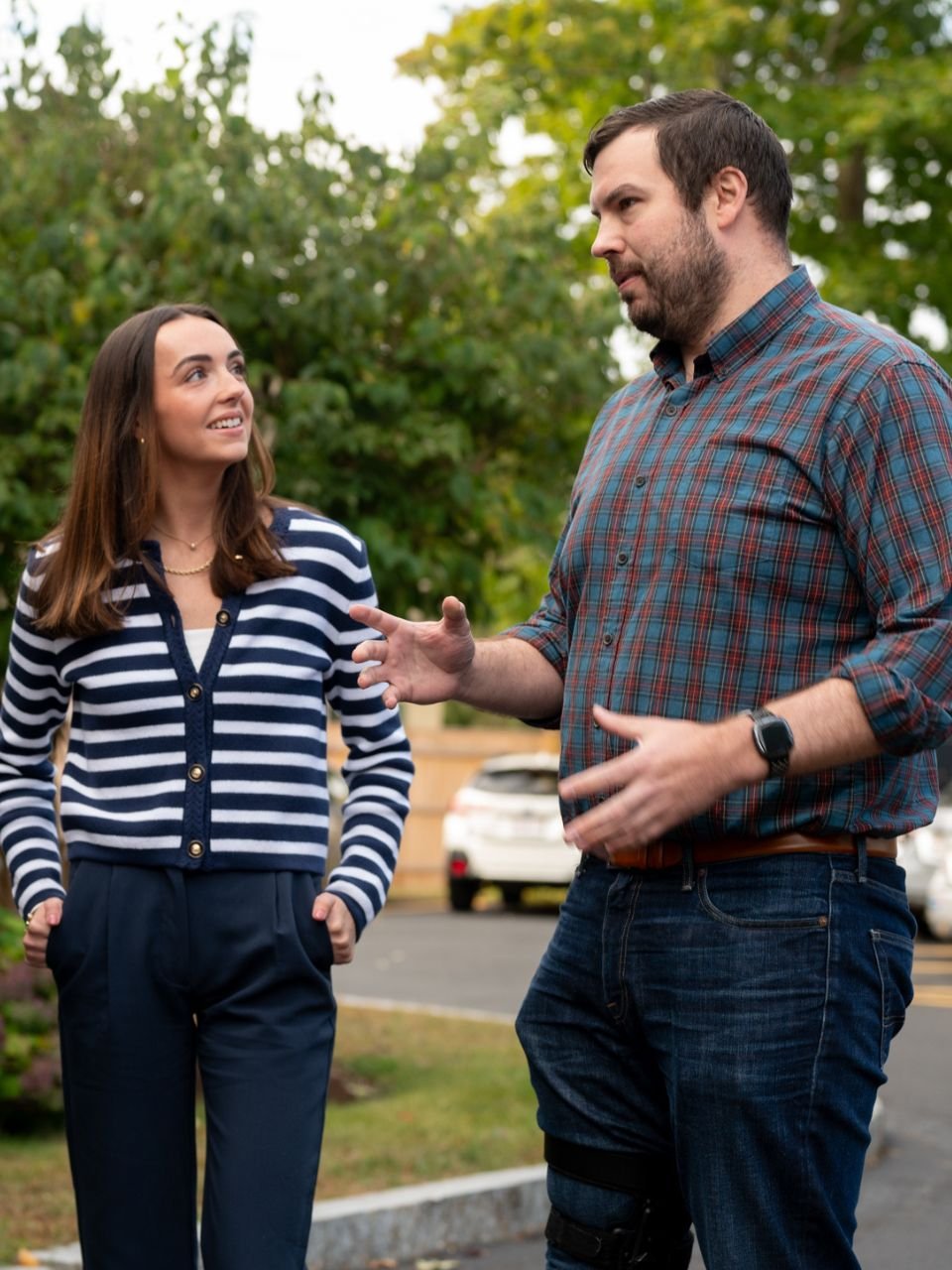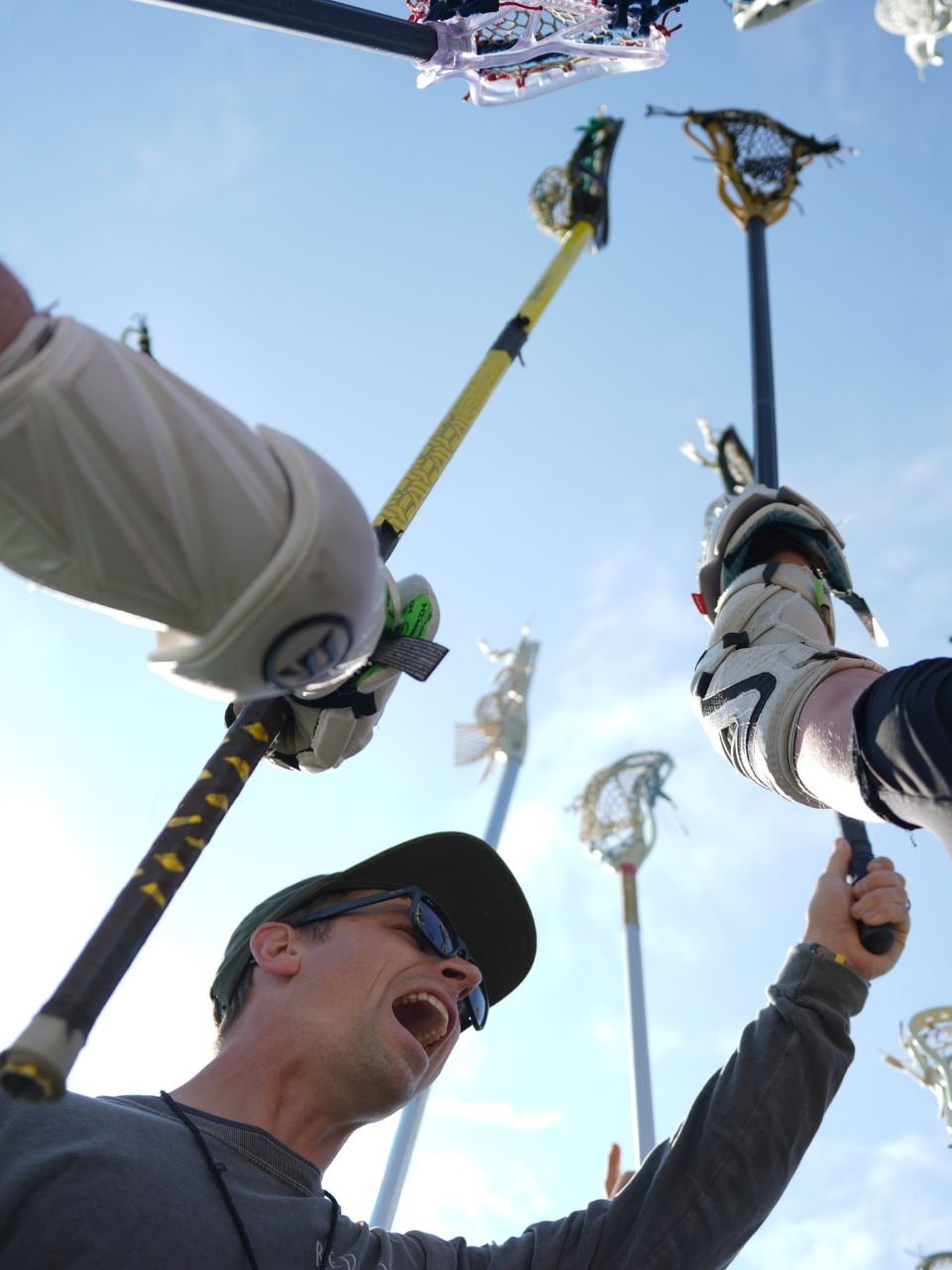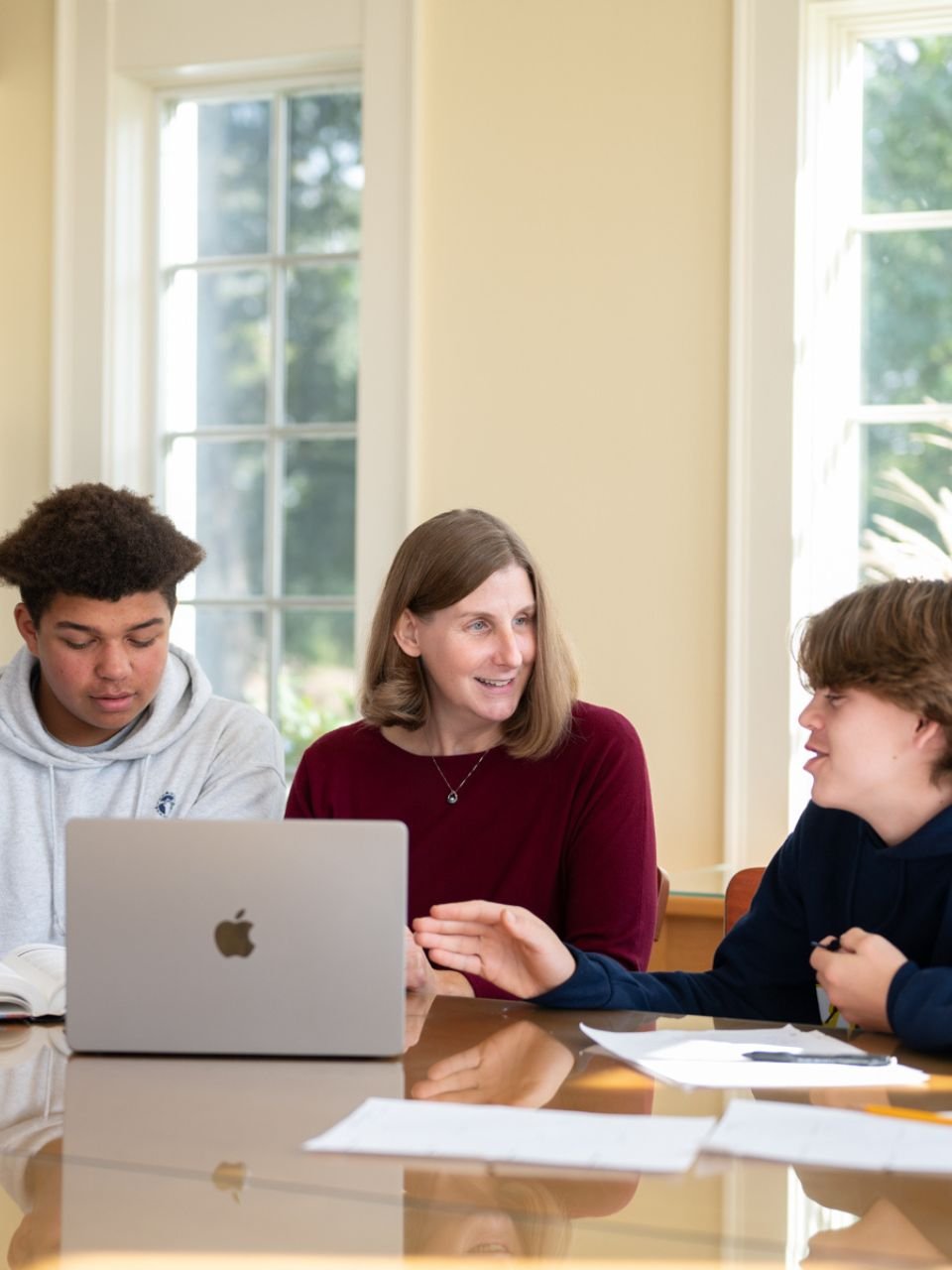- Our School
- Our Advantage
- Admission
- Elementary•Middle School
- High School
- Summer
- Giving
- Parent Resources
- For Educators
- Alumni
« Back

Dyslexia: Making Learning Relevant
May 24th, 2016
Recently, we spoke to Dean Bragonier, founder of Noticeability, a nonprofit enabling students with dyslexia to cultivate their strengths and providing tools to the adults that serve them. Dean will also be addressing our graduates and families at Landmark's 2016 commencement.
What was the inspiration for starting Noticeability?
I have an 8-year old son who has dyslexia. Both my wife and I are dyslexic so we knew there was an 80-100% chance that our son would be dyslexic as well. Having personally struggled in school, I knew our boy would require social and emotional support to help maintain his confidence. I had no idea that through Noticeability I could possibly address the needs of millions of other dyslexic students.
We have a culture that uses text as the principle medium in education. People with dyslexia, of course, are tremendously burdened by this. Noticeability harnesses technology to make learning interactive and relevant. The key is accessibility. It's vitally important to develop phonemic awareness and build reading skills but technology should be used to support and augment reading, not bypass it.
Our focus at Noticeability is to reach students, mostly in public schools and juvenile justice facilities, who have been conditioned to think that they are broken or stupid because of their dyslexia. Our goal is to expose these students to the professions where dyslexics find the most success (entrepreneurship, arts, engineering, and architecture) while providing them with an accessible, meaningful, and rewarding moment in their education.
NoticeAbility offers teachers a one-day training session where they learn about the neuroscientific advantages of dyslexia and gain the essential skills of social emotional instruction. Once their training is complete, teachers are awarded professional development points and their students are given access to NoticeAbility’s online learning platform. Our curricula, which is comprised of 10 online modules and 10 classroom sessions, enables students to access lesson plan content through a variety of modalities (video, audio, graphics and pictures). The intention, of course, is to enable students to work at their own pace and through a medium that resonates with their specific learning preferences.
When students come together in the classroom, they begin the project based learning component of the curriculum. Students are divided into teams and work, as groups, in SOUL centers: Self-Organized, Unbridled Learning Centers. In our entrepreneurship course, for example, students generate entrepreneurial ideas and build a business plan and prototypes for their ideas. Teachers, meanwhile, provide students with the appropriate scaffolding to facilitate teamwork and emotional development. When the course is complete, SOUL Center teams presentation their creations to their parents, teachers, and student body.
How can we raise awareness about dyslexia and other language-based learning disabilities? Responsibility rests on the many people who have dyslexia who live, work, and contribute to society in a positive way—despite their disability. Landmark graduates should be the spokespeople for this learning difference. They know what it feels like, first hand, to be completely misunderstood in a classroom despite being extraordinary problem solvers and critical thinkers. As successful dyslexics like Charles Schwab, Steven Spielberg, and Richard Branson speak often and openly about their experience with dyslexia, the paradigm will inevitably shift from a deficiency-based narrative to a strength-based perspective.
We have Noticeability t-shirts that say "dyslexia is cool". The more dyslexics come out and talk about the nuances of their learning difference, the more the stigma will be reversed. My hope is that one day people will add "dyslexic" to their resume to give themselves a competitive advantage. Sure, there will always be professions where dyslexia is a liability (I doubt there are many of us in proof reading departments), but there are so many careers for which having dyslexia can be a huge advantage.
Responsibility rests on the many people who have dyslexia who live, work, and contribute to society in a positive way—despite their disability.
What are you most excited about in preparing to speak to our graduates? Even though I don't know these students personally yet, I feel like I know so much about them. I want to remind them that their perseverance was forged from adversity. They must understand that they have just completed one of the most challenging periods of their lives. If they can have confidence in who they are and maintain their determination, these students will have remarkable lives.
Check out Dean's TED talk.

Dean Bragonier is the Founder and Executive Dyslexic of NoticeAbility. Shaped by the challenges associated with his dyslexia, Dean became a diligent and successful college student after struggling through the traditional secondary education system. It wasn’t until he enrolled at Bates College that he developed a true love of learning, fostered in large part by the institution’s unique approach to education and its support of students with learning differences. Upon graduation from Bates, Dean embraced his entrepreneurial instincts and acquired a small seasonal restaurant on Martha’s Vineyard Island that he transformed into a successful full-scale enterprise (see Boston Magazine, July 2001). It was through this endeavor that he was able to contextualize his years of laborious academic learning and discover the true gifts of his dyslexic mind. As a social entrepreneur, Dean has founded his own nonprofit organizations and served as board member and advisor to a number of others. NoticeAbility is the culmination of Dean’s passion for education and his conviction that the advantages of dyslexia far outweigh its associated challenges.
Posted in the category Learning Disabilities.







